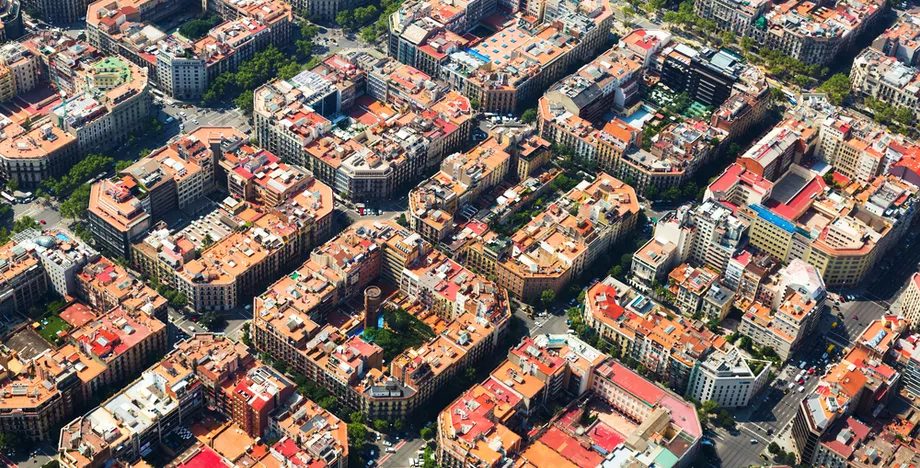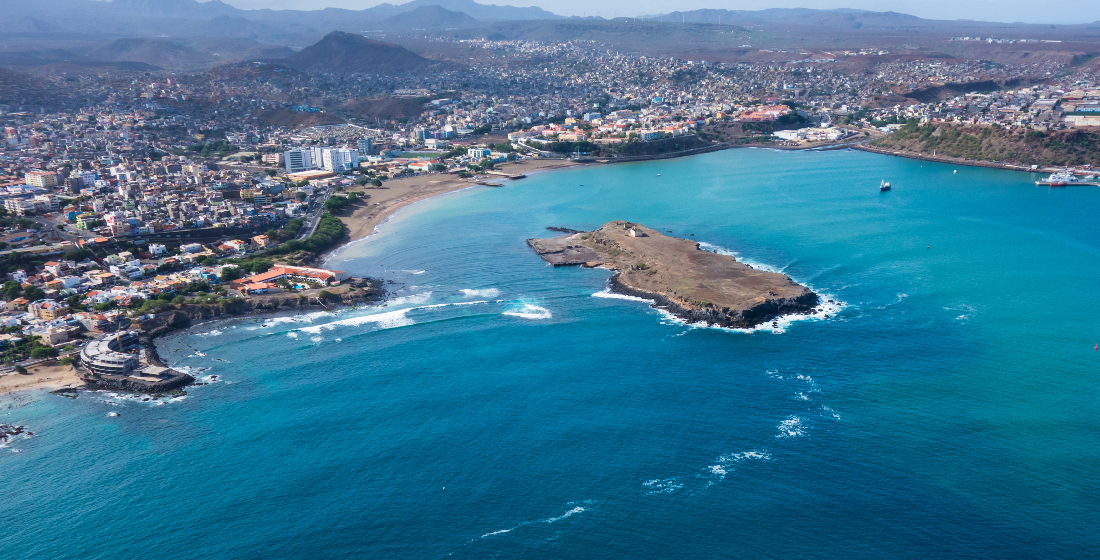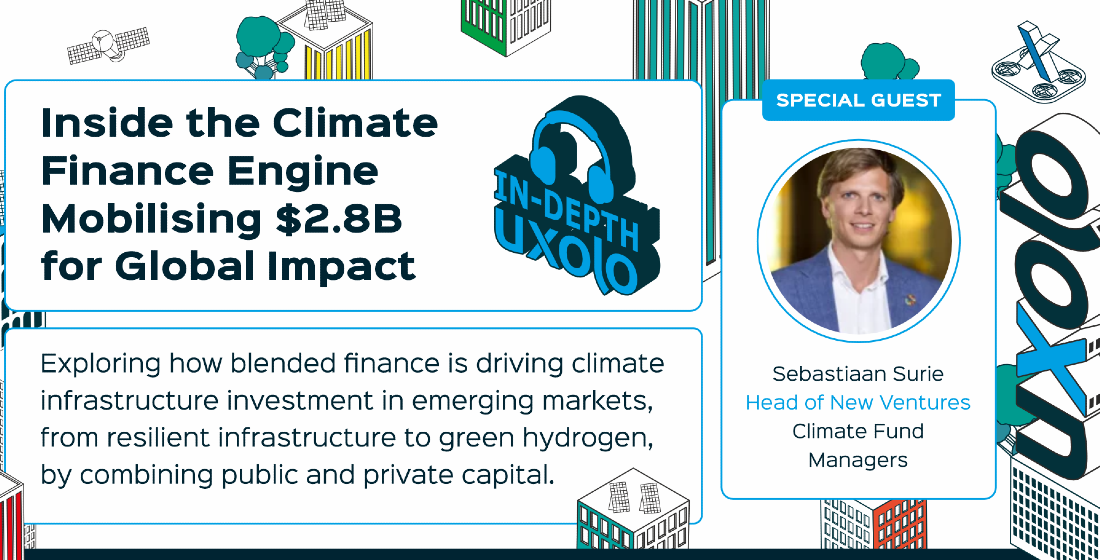EIB backs Barcelona’s superblock urban regeneration plan
A €95 million financing will provide funding for 38 energy efficiency and social infrastructure projects across Barcelona, including helping to expand the city’s superblock neighbourhoods.

The EIB will finance around 38 projects designed to support climate change mitigation and adaptation in Barcelona. The funding package, agreed in late July, will provide €95 million ($112 million) to promote urban regeneration, with a focus on the environment, social inclusion and job creation to boost the economic recovery in the wake of the Covid-19 crisis.
The city’s Deputy Mayor, Jaume Collboni, said the agreement highlighted “Barcelona’s commitment to climate action, the green economy and the green transition to a healthier city and greater well-being for its people. The 38 projects... will help drive these green policies, which are a priority for the city. The agreement also comes as some good news as the city grapples with the repercussions of COVID-19, as it will enable the administration to free up money from the budget to better respond to the crisis.”
Superblocks: revolutionary urban design
Up to 25% of the funding will go towards investment to regenerate an area covering some 200,000 m2 of the city, reshaping urban design around the concept of ‘superblocks’ to give residents better access to facilities in their neighbourhoods. This involves grouping buildings into blocks where traffic is only permitted around the perimeter and priority is given to pedestrian areas, low-speed zones and recreational green spaces. The municipality intends to eventually create 503 superblocks, with the first introduced in the city in 2016. As of January, six were complete and a further 11 underway.
An EIB official, who asked to remain anonymous, tells Uxolo: “This is Barcelona’s radical plan to take the streets back from cars and turn them over to citizens. Each superblock is intended to become a social unit, a tight-knit community with shared common facilities, resilient against the stresses of climate change and social vulnerability.”
As well as bolstering the city’s climate resilience, the financed projects are also designed to promote social inclusion, with the funds going to the construction and renovation of educational institutions such as nurseries and schools, sports facilities, care homes, and a new library. Around 20 projects will target areas within the city classified as vulnerable. All new social infrastructure will come in the form of “nearly zero-energy” buildings. The financing package will also support initiatives to improve energy efficiency, a top priority for the Municipality of Barcelona in recent years. These include projects to improve the electricity consumption of public lighting and of municipal buildings and facilities. Improvements will also be made to urban bus lines and cycle lanes across the city.
At the same time, these investments will serve to boost the economic recovery of the city following the downturn caused by the COVID-19 pandemic, employing 1,500 people during the construction phase.
“The agreement strongly contributes to social inclusion through an exceptional citizen participation approach into investment planning,” says the EIB official. “In fact, 17 of the 38 schemes covered by the project are in vulnerable districts, delivering urban climate action in an integrated and inclusive manner.”
Barcelona: a leading green light
Barcelona is one of the world’s leading cities for combating climate change. It declared a climate emergency in January and is an active member of C40 (Climate Leadership Group), Global Resilience Network (former 100 RC network), and collaborates closely with other international organisations such as the United Nations Human Settlements Programme. In 2016, the Municipality of Barcelona approved the Barcelona Resilience Model to facilitate a municipal approach that prioritises resilient projects and focuses on actions aimed at the most vulnerable groups in society. The Resilience Model has since developed into the City Climate Plan 2018-2030, aiming to put together all local actions and strategies targeting the objectives set by the city for 2030 in the context of the 2015 Paris Climate Agreement.
The city’s plans include reducing greenhouse gas emissions by 45% per capita in relation to the 1992 baseline, increasing green urban areas by 1.6 km2, reducing the potable water consumption rate to less than 100 litres per capita per day and achieving zero energy poverty. The Catalan capital is also aiming to become a carbon-neutral city by 2050.
This is the EIB’s sixth operation in Barcelona facilitating investments in urban infrastructure and social housing, the first dating back to 1990 with an agreement enabling the renovation of the historic city centre.
“Overall, urban regeneration could and should be aligned to the circular potential of the urban environment,” says the EIB official. “By designing buildings in a flexible and modular way and by opting for disassembly rather than demolition, their use, life duration and material recovery will increase significantly. Recovering polluted brownfield sites, not seldom found in good locations, will enable the regeneration of abandoned sites, reducing the land take required for urban developments. New urban mobility systems should be clean and the potential to create an urban bio economy should be exploited.”
“As the EU climate bank, we look forward to financing similar operations across Europe and beyond, supporting cities and countries in implementing their climate plans and resilient strategies.”





